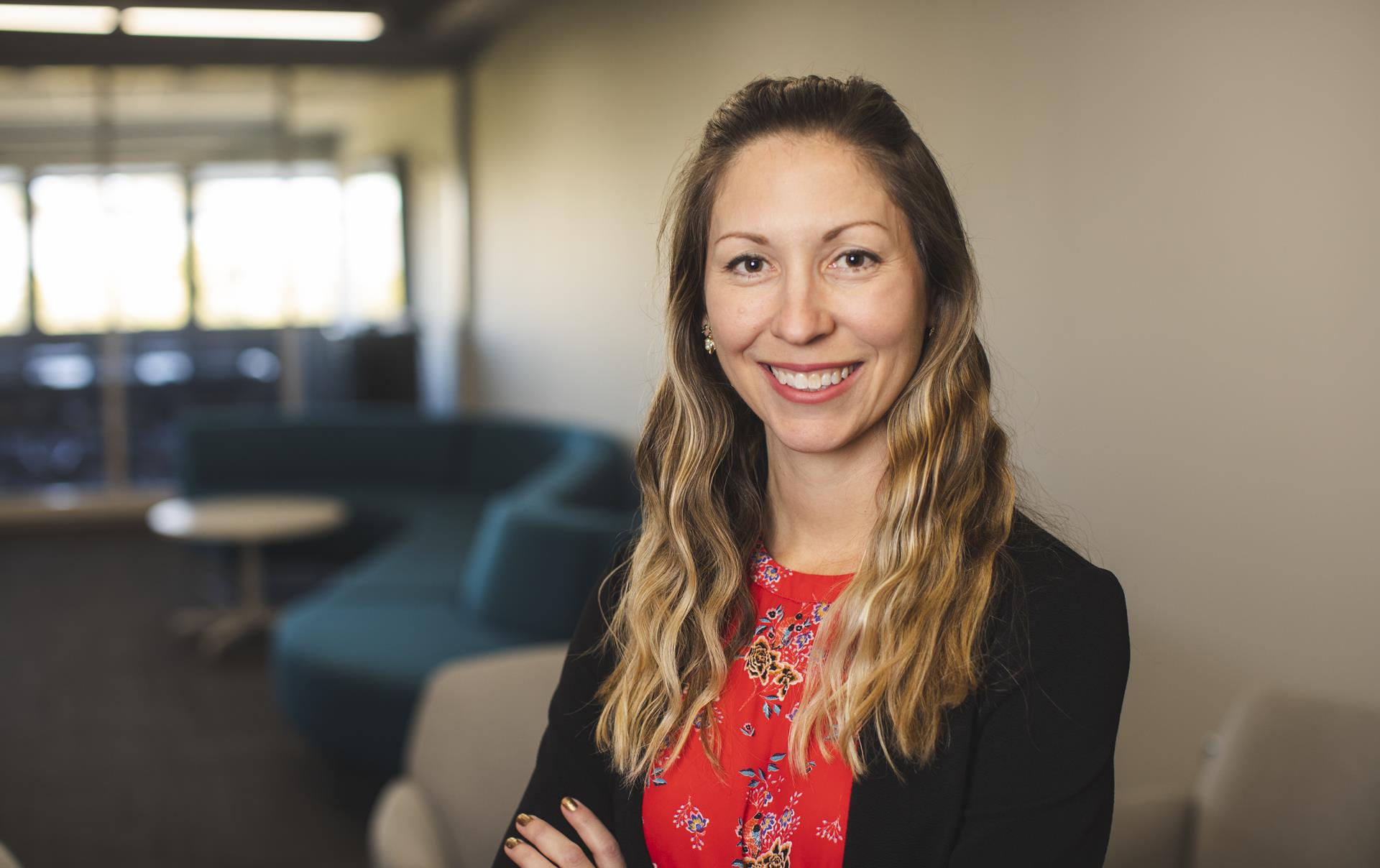
Meet Sharon Ross, New Interim Director of the Office of Child Development
As interim director, Ross oversees an office supporting more than 7,000 children and families across Western PA
Many things motivate Sharon Ross, associate professor and the new interim executive director of the School of Education’s Office of Child Development (OCD). But her main motivator – her why – is pretty straightforward: “I chose to work in public health because I wanted to help people first and foremost,” she said.
On July 1, 2025, Ross was named interim executive director of the OCD. She takes leadership of an office that supports more than 7,000 children and families across Western Pennsylvania each year through services in early childhood partnerships, research evaluation, and family support.
The leadership change follows the departure of Shannon Wanless, who after seven years of leading the OCD accepted a new position as director of Pitt’s University Center for Social and Urban Leadership.
As she starts a new chapter at the OCD, we caught up with Dr. Ross and asked her about her favorite children’s book, her perspective on cultural responsiveness, how she explains her job to young ones, and more!
What’s your favorite children’s book and why?
This is really hard. I have so many favorite children’s books that I’ve read with my own children. One that sticks out to me is called “The Busy Body Book: A Kid’s Guide to Fitness” by Lizzie Rockwell. I love this book because it’s a celebration of all types of people and bodies and provides a detailed overview of different body systems in a child-friendly way as well as encourages children to find the ways that they like to ‘get busy’ and move their bodies to promote healthy habits for life.
What’s the most surprising thing a young child has ever taught you?
Honestly? Grace. Forgiveness. Faith. Unconditional Love. It’s so beautiful. We can learn a lot from our youngest members.
How do you envision the Office of Child Development contributing to both the Pitt community and the broader region?
I see the Office of Child Development as kind of the hidden gem of Pitt. OCD and its six divisions are aligned with many of the core values in the Plan for Pitt 2028. OCD is innovative, inclusive, community-engaged, and highly collaborative. In terms of how OCD contributes to the broader region, the numbers alone speak for themselves: the office reaches over 7,000 families and children a year through various programs and funded initiatives. Because of OCD, children, families, and early childhood educators are positively impacted across the region, the state, and beyond.
If you had to explain your work to a young person, how would you do it?
I would say I’m a scientist who works with kids and families, especially those who speak Spanish, to help them be the most healthy and happy they can be.
Your research emphasizes the intersection of culture, family, and health. How important is cultural responsiveness in early childhood development work?
Cultural responsiveness is everything. If we are not reaching families and children in a way that is tailored to their unique backgrounds, values, strengths, and challenges, we risk working in vain. By centering culture in the design and evaluation of programs and outreach, we ensure that our messages will be aligned with the culture and community we seek to serve.




